OK
Join gameshoek.com for a detailed examination of this topic.
1. Website Traffic
OK
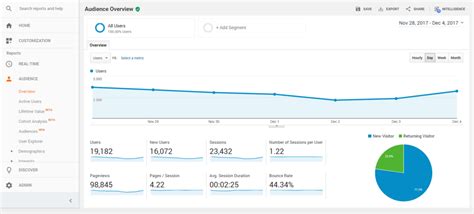
2. Conversion Rate
Conversion rate is a fundamental KPI that measures the effectiveness of your marketing efforts in turning visitors into customers. It is calculated by dividing the number of conversions (e.g., completed purchases, sign-ups) by the total number of visitors to your site or landing page, then multiplying by 100 to get a percentage. A high conversion rate indicates that your marketing strategies, such as your website design, call-to-action buttons, and content, are effectively persuading visitors to take desired actions.
Monitoring your conversion rate helps you understand how well your marketing campaigns are performing and where you might need to make adjustments. For instance, if your rate is low, you might need to improve your website’s user experience, refine your messaging, or optimize your call-to-action elements. Regularly analyzing this metric allows you to identify trends, test different strategies, and ultimately increase your campaign’s success. Enhancing your conversion rate can lead to higher revenue and more efficient use of your marketing budget.
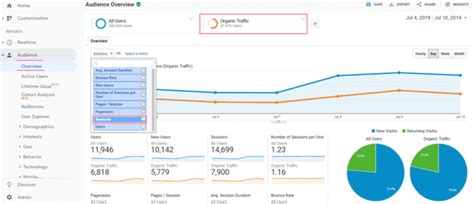
3. Customer Acquisition Cost (CAC)
Customer Acquisition Cost (CAC) is a vital KPI that measures the cost associated with acquiring a new customer. To calculate CAC, divide the total cost of your marketing and sales efforts by the number of new customers acquired during a specific period. This metric includes all expenses related to marketing campaigns, sales team salaries, and other acquisition-related costs.
Understanding your CAC helps you gauge the efficiency of your marketing strategies and evaluate their return on investment. A high CAC can indicate that your acquisition efforts are too costly relative to the value of the customers you’re gaining. Conversely, a low CAC suggests that you’re acquiring customers cost-effectively.
Tracking CAC over time allows you to assess the impact of changes in your marketing tactics, such as new campaigns or promotional strategies. By optimizing your CAC, you can improve your overall marketing ROI and allocate resources more efficiently. Additionally, comparing CAC with Customer Lifetime Value (CLV) helps ensure that the cost of acquiring customers is justified by their long-term value to your business.
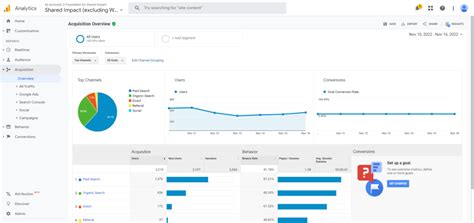
4. Customer Lifetime Value (CLV)
Customer Lifetime Value (CLV) is a crucial KPI that estimates the total revenue a business can expect from a single customer over their entire relationship with the company. Calculating CLV involves determining the average purchase value, the frequency of purchases, and the average customer lifespan. By multiplying these factors, you can forecast the potential value a customer brings to your business.
CLV provides insight into the long-term profitability of acquiring and retaining customers. A high CLV indicates that your customers are not only making frequent purchases but are also loyal and engaged with your brand. This metric helps you understand how much you can invest in acquiring new customers while maintaining a profitable business model.
Monitoring CLV allows you to tailor your marketing strategies to enhance customer retention and maximize their lifetime value. For example, by focusing on personalized customer experiences, loyalty programs, or targeted upselling, you can increase CLV and improve overall revenue. Comparing CLV with Customer Acquisition Cost (CAC) helps ensure that your acquisition efforts are cost-effective and sustainable. By understanding and optimizing CLV, you can drive more strategic marketing decisions and foster long-term customer relationships that contribute to business growth.
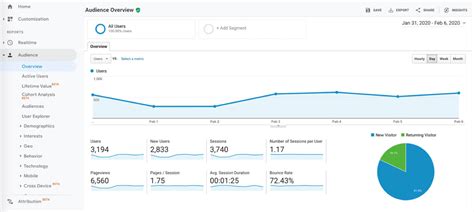
5. Bounce Rate
Bounce rate measures the percentage of visitors who leave your website after viewing only one page. It is calculated by dividing the number of single-page sessions by the total number of entries to your site and then multiplying by 100 to get a percentage. A high bounce rate often indicates that visitors are not engaging with your content or that the landing page does not meet their expectations.
Tracking bounce rate helps assess the effectiveness of your website’s content, design, and user experience. If your bounce rate is high, it may suggest that your landing pages need improvement in terms of relevance, usability, or engagement. For example, optimizing page load times, refining content to match user intent, or enhancing navigation can help reduce bounce rates.
Conversely, a low bounce rate generally signifies that visitors are exploring multiple pages and finding value in your content. Regularly analyzing and addressing bounce rate trends enables you to improve user experience and increase the likelihood of converting visitors into customers.
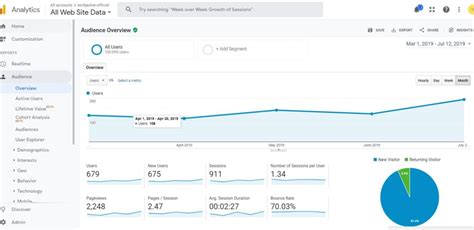
6. Social Media Engagement
Social media engagement measures how effectively your content resonates with your audience on platforms like Facebook, Twitter, and Instagram. It includes metrics such as likes, shares, comments, and overall interaction rates. High engagement rates indicate that your content is engaging and relevant to your audience, while low engagement suggests a need for improvement.
Tracking social media engagement helps you evaluate the effectiveness of your social media strategies and content. By analyzing which posts generate the most interaction, you can identify what types of content your audience finds valuable and adjust your strategy accordingly. Engagement metrics also provide insight into your brand’s reach and influence, helping you understand how well you’re connecting with your target demographic.
Optimizing your social media content for higher engagement involves creating compelling and relevant posts, encouraging interactions, and responding to audience feedback. Regularly monitoring these metrics allows you to refine your social media approach, boost your brand presence, and foster stronger connections with your audience.
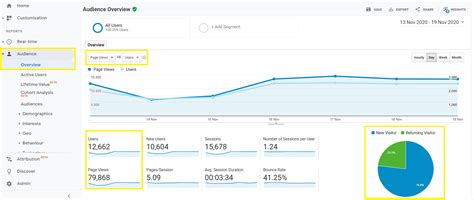
7. Email Open and Click-Through Rates
Social media engagement measures how effectively your content resonates with your audience on platforms like Facebook, Twitter, and Instagram. It includes metrics such as likes, shares, comments, and overall interaction rates. High engagement rates indicate that your content is engaging and relevant to your audience, while low engagement suggests a need for improvement.
Tracking social media engagement helps you evaluate the effectiveness of your social media strategies and content. By analyzing which posts generate the most interaction, you can identify what types of content your audience finds valuable and adjust your strategy accordingly. Engagement metrics also provide insight into your brand’s reach and influence, helping you understand how well you’re connecting with your target demographic.
Optimizing your social media content for higher engagement involves creating compelling and relevant posts, encouraging interactions, and responding to audience feedback. Regularly monitoring these metrics allows you to refine your social media approach, boost your brand presence, and foster stronger connections with your audience.
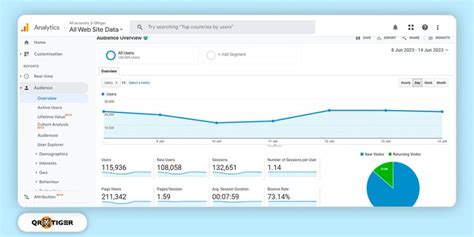
8. Return on Investment (ROI)
Email open and click-through rates are essential KPIs for assessing the effectiveness of your email marketing campaigns. The open rate measures the percentage of recipients who open your email, calculated by dividing the number of opened emails by the total number of delivered emails and multiplying by 100. A high open rate indicates that your subject lines are compelling and your audience is interested in your content.
The click-through rate (CTR) measures the percentage of recipients who click on links within your email. It is calculated by dividing the number of clicks by the total number of delivered emails and multiplying by 100. A high CTR suggests that your email content is engaging and that your call-to-action (CTA) is effective.
Monitoring both open and click-through rates provides insight into how well your email content resonates with your audience. If your open rates are high but click-through rates are low, you may need to improve your email content or CTA to encourage more interactions. Conversely, low open rates could indicate that your subject lines or email timing need adjustment.
By regularly analyzing these metrics, you can refine your email marketing strategies, enhance content relevance, and improve overall campaign performance, leading to better engagement and higher conversion rates.
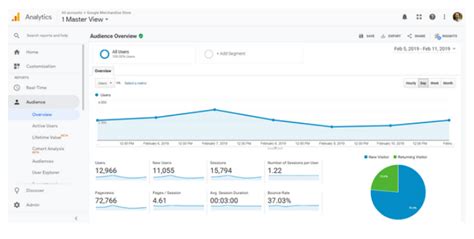
9. Lead Generation
Lead generation is a critical KPI that measures the effectiveness of your marketing efforts in attracting and converting potential customers into qualified leads. It involves capturing contact information from individuals who have shown interest in your products or services through various channels such as forms, landing pages, or gated content.
Effective lead generation strategies focus on creating compelling offers, optimizing landing pages, and using targeted calls-to-action to encourage prospects to provide their information. Tracking the number of leads generated helps you evaluate the success of your marketing campaigns and identify which tactics are most effective in driving interest and engagement.
Additionally, analyzing lead quality is essential for understanding how well your lead generation efforts align with your target audience. High-quality leads are those that fit your ideal customer profile and are more likely to convert into paying customers. By monitoring and optimizing lead generation metrics, you can improve your lead nurturing processes, enhance your marketing strategies, and ultimately drive more conversions and business growth.
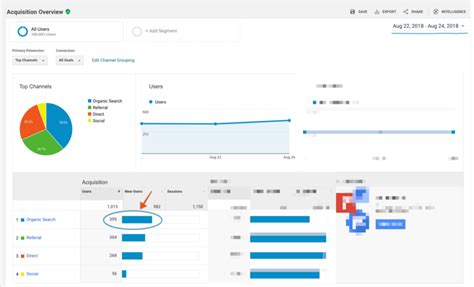
Understanding and monitoring key performance indicators (KPIs) is crucial for optimizing your marketing efforts and driving success. By focusing on metrics like conversion rate, customer acquisition cost, customer lifetime value, bounce rate, social media engagement, email open and click-through rates, and lead generation, you can gain valuable insights into the effectiveness of your campaigns. Regularly analyzing these KPIs helps you refine strategies, improve engagement, and enhance overall performance. Embracing these metrics will empower you to make data-driven decisions, maximize your marketing ROI, and achieve your business goals more efficiently.
gameshoek.com
